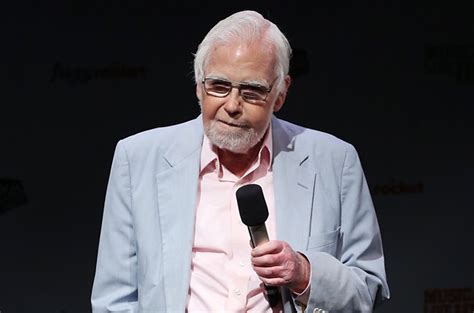A Quote by Christian Slater
Updating passwords and changing them all the time is something I'm involved in.
Related Quotes
I was raised as an Orthodox Jew in a major neighborhood specializing in that, in Brooklyn. And somewhere when I was about 14, something changed. And that change probably involved updating every molecule in my body, in that I sort of realized: this is nonsense, there's no God, there's no free will, there is no purpose.
I was involved with MySpace and Facebook and everything at a very young age because it's so casual now, and I'm into texting, obviously. But I've never been involved in any type of chat room. My parents are pretty cautious about it and know all my passwords and know who my friends are and who I'm talking to.
When I talk to people who have teenagers now, their rooms are filled with screens. There are their phones and their DVD players and TVs and all these things to produce distractions for them, and I think it would be hard to find the time to create something. I think that's really changing something about adolescence.



































